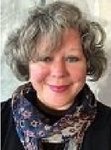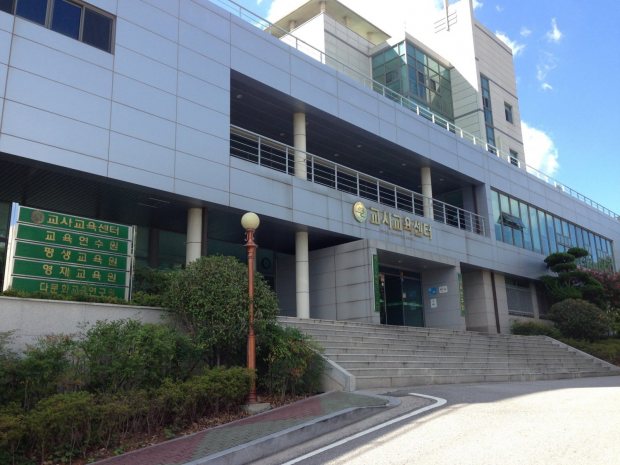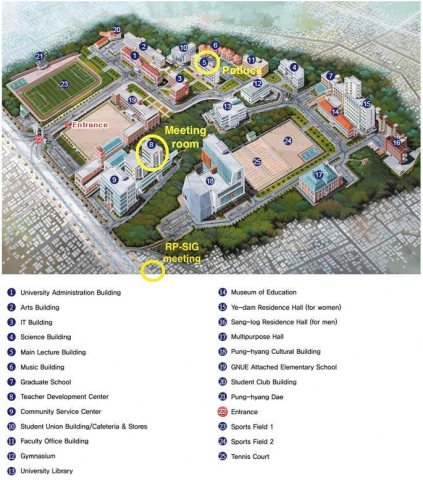
Gwangju-Jeonnam Chapter September Meeting
.
––– Morning Reflective Practice Session –––
Topic: Reflecting on Our Perception of Culture in English Speaking/Listening Coursebooks
Facilitator: Dr. Yeonseong Park
Time: September 21, 2019; 11:00ㅡ12:30 (3rd Saturday)
Location: Coffee Lab Mujii, near GNUE. (Ground floor of 광주우리교회 Building. Map at bottom.)
––– MAIN MEETING SCHEDULE –––
Time: 3rd Saturday, September 21, 2019, 1:45ㅡ5:00 pm
Location: Gwangju National University of Education (GNUE), Teacher Training Center (교사교육센터) 1st Floor; Room 812. Detailed directions HERE.
1:45 pm: Sign-in and Meet-and-Greet (Admission: Free for newcomers. Membership welcomed.)
2:00ㅡ2:50 pm: Presentation 1
ㅡ Topic: Commitments and Motivations for Teaching English in Korea: What the Research Shows
ㅡ Presenter: Dr. Ian Moodie (Mokpo National University)
2:50ㅡ3:10 pm: Refreshment Break
3:10ㅡ3:35 pm: Presentation 2
ㅡ Topic: The Alphabet Soup of ELT Associations: Untangling the Code
ㅡ Presenter: Dr. David Shaffer (Gwangju International Center)
3:35ㅡ4:00 pm: Presentation 3
ㅡ Topic: Up Close and Personal: How Can We Approach Intimate Inquiry?
ㅡ Presenter: Maria Lisak (Chosun University)
4:10ㅡ4:45 pm: Chapter Business Meeting
ㅡ Reports on 2018-19 Activities, Membership and Finances.
ㅡ Planning suggestions for the coming 2019-20 year.
4:45 - 5:00 pm: Announcements / Drawing for Door Prizes / Closing
Commitments and Motivations for Teaching English in Korea: What the Research Shows
Dr. Ian Moodie
Why did you choose your profession? Why do you continue in it? How do you feel about it? How do you feel about your workplace? These questions concern career motivations and workplace commitment, two related areas of inquiry from industrial-organizational (I/O) psychology. The reasons people choose a profession and stay with a profession and workplace have implications for workplace outcomes and employee performance, yet they have received little attention in English language teaching (ELT) research. In this seminar, I will introduce some concepts from workplace commitment and motivation research before going over some recent findings from my studies with English teachers in Korea, studies which have included both Korean and expat teachers. Attendees of this seminar will be given a chance to measure their own levels of commitment to the profession of ELT and to their workplaces. They will also have an opportunity to share that data for a future research project should they choose to do so.
The Presenter

Ian Moodie is a tenure-track assistant professor in the Department of English Education at Mokpo National University. Ian is from Canada, but he has a PhD in linguistics from the University of Otago in New Zealand and an MA in applied linguistics from the University of New England in Australia. His recent research has looked at what people know about teaching English (i.e., language teacher cognition) and why people choose to become English teachers (i.e., motivations and commitments for teaching English).
The Alphabet Soup of ELT Associations: Untangling the Code
Dr. David Shaffer
Korea has more than a dozen English language teaching associations that are national in scope. You may have heard of some of them by their acronyms - KATE, ALAK, GETA, PKETA - but really not know much else about them except that they are ELT organizations. In this short session, the main characteristics of each ELT association will be given, with interspersed opportunities for interaction from the audience.
The Presenter

David Shaffer has spent his teaching career as a professor at Chosun University. He has an MA and PhD in theoretical linguistics and several TESOL certificates. Dr. Shaffer has been a member of many of the Korean ELT associations and has served on the board of directors of several. He is also a member of several international ELT associations and Korean linguistics associations. And he is president of Korea TESOL.
_______________
Up Close and Personal: How Can We Approach Intimate Inquiry?
Maria Lisak
This short session will introduce intimate inquiry, a research practice from Laura’s (2016) framework for a love-based approach to qualitative studies in education. The presenter will then guide participants through a brief activity helping them to begin putting intimate inquiry into practice. Intimate inquiry questions look at personal, social, intellectual, and methodological problems to construct new knowledge with meaningful explanations of personal and social worlds. Intimate inquiry moves back and forth between local and broad contexts, fully disclosing the researcher as well as research values, purposes, commitments, and key background assumptions. These aspects of this qualitative research practice encourage self-examination and critique while also valuing care (knowing research participants in all of their particularity), love (acting on behalf of participants), and solidarity (working with participants in research endeavor). (p. 229)
The Presenter

Maria Lisak (MSEd) is currently a doctoral candidate in Literacy, Culture, and Language Education at Indiana UniversityㅡBloomington (USA). She is the KOTESOL Nominations and Elections Committee chair and a past president of the Gwangju-Jeonnam Chapter. More at: https://koreamaria.typepad.com/gwangju/2011/08/my-instructional-tojang.html
Photo: The Gwangju National University of Education (GNUE / 광주교육대학교), Teacher Training Center (교사교육센터), venue for our main meeting ㅡ 1st floor, Room 812.






